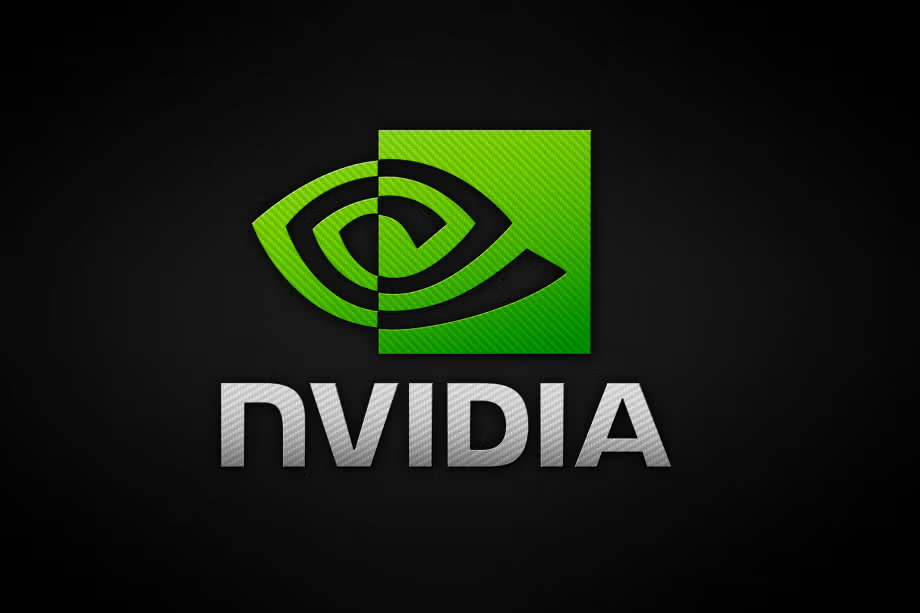Nvidia's recent financial performance has demonstrated remarkable resilience in the face of global trade tensions, particularly those between the U.S. and China. The company's revenue growth has defied concerns about tariffs and export restrictions, showcasing the robust demand for its advanced AI chips and its ability to adapt to a complex geopolitical landscape.
In the first quarter of fiscal year 2026, Nvidia reported a staggering 69% year-over-year revenue increase, reaching $44.1 billion. This impressive growth was fueled by the surging global demand for its high-performance AI chips, which serve as the backbone for data centers and generative AI tools across various industries. Despite economic uncertainty and geopolitical pressures, Nvidia's performance exceeded expectations, solidifying its position as a bellwether for the entire tech sector.
However, Nvidia has not been immune to the impact of trade tensions. U.S. export restrictions on advanced technology to China have posed a significant challenge. The company estimates that these restrictions will cost them $8 billion in lost revenue this quarter. In April 2025, Washington imposed new restrictions on Nvidia's China-targeted "H20" chips, leading to a $4.5 billion charge. Despite these setbacks, Nvidia's initial forecast for the impact on business was significantly higher, at $5.5 billion, signaling better-than-expected resilience in the face of supply chain disruption.
To navigate these challenges, Nvidia has adopted a multi-pronged approach. The company is increasing domestic manufacturing within the United States to mitigate the impact of tariffs and export controls on its supply chain. CEO Jensen Huang has been vocal in his criticism of the U.S. export controls, calling them a "failure" and warning that they are backfiring by harming American companies. Nvidia has also been developing alternative chips that comply with U.S. regulations while still meeting the needs of the Chinese market. For example, newer Blackwell-architecture chips, such as the RTX Pro 6000D, target the Chinese market at a lower price point while avoiding export bans.
The company's ability to adapt to changing regulations and maintain performance has been key to its continued success. Even with China's market share dropping, Nvidia's total AI chip revenue grew 30% in 2024, demonstrating that trade tensions cannot completely undermine a company with a dominant position in the AI hardware market. Furthermore, Nvidia is strategically expanding its market reach beyond China, tapping into new opportunities in the Middle East and other regions.
Looking ahead, Nvidia expects continued growth, driven by the increasing global adoption of AI. Countries worldwide are recognizing AI as essential infrastructure, and Nvidia is well-positioned to capitalize on this trend. The company's data center business, the engine of its AI operations, saw a 73% year-over-year increase in revenue during the first quarter of 2026. With major technology companies like Microsoft, Amazon, and Meta investing heavily in AI infrastructure, Nvidia's chips are in high demand.
Despite the challenges posed by global trade tensions, Nvidia's financial performance demonstrates its strength and adaptability. The company's focus on innovation, its ability to navigate complex regulations, and the surging global demand for AI have enabled it to defy tariff worries and deliver strong results. As AI continues to transform industries and economies around the world, Nvidia is poised to remain a leader in this technological revolution.

















